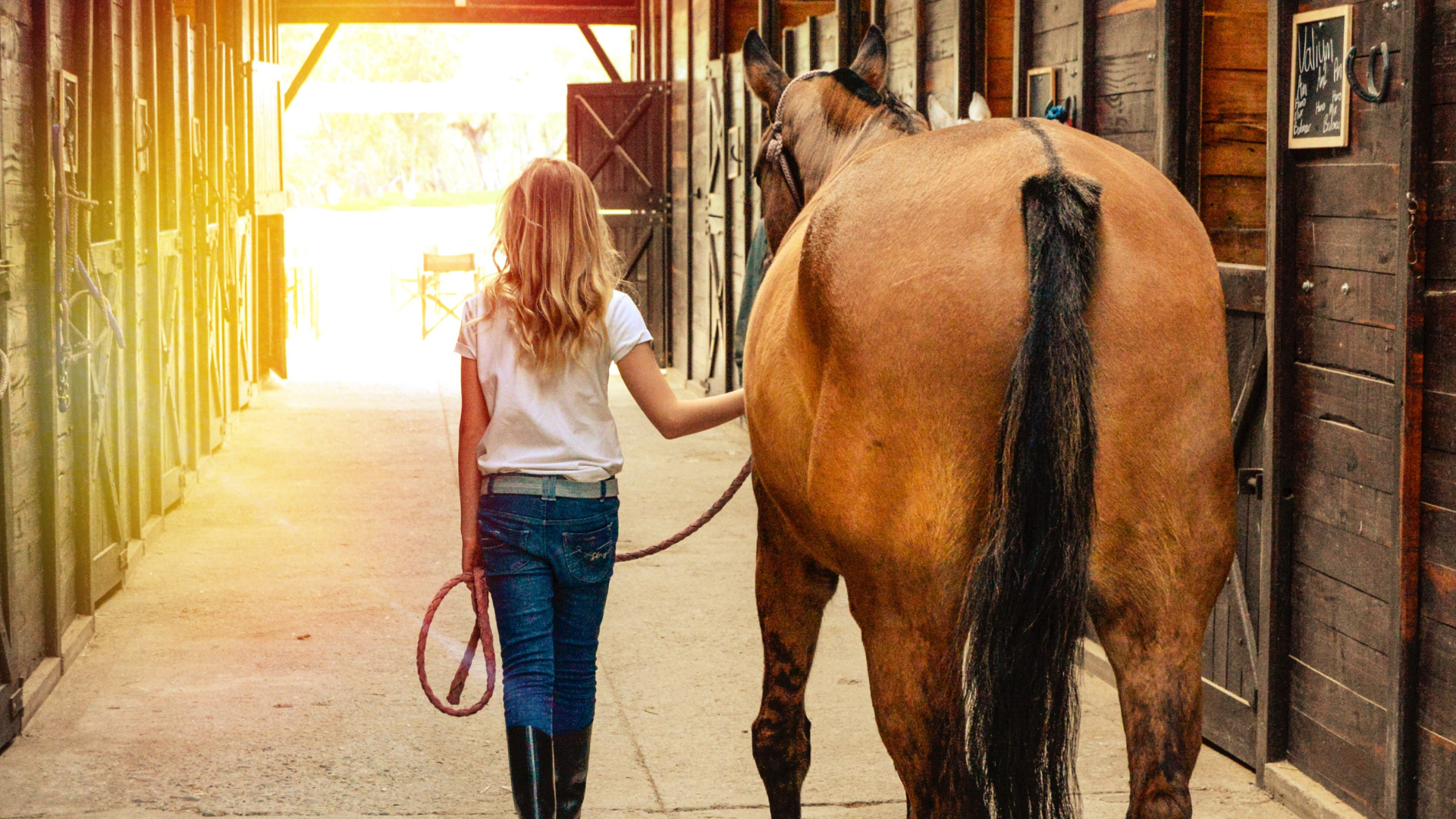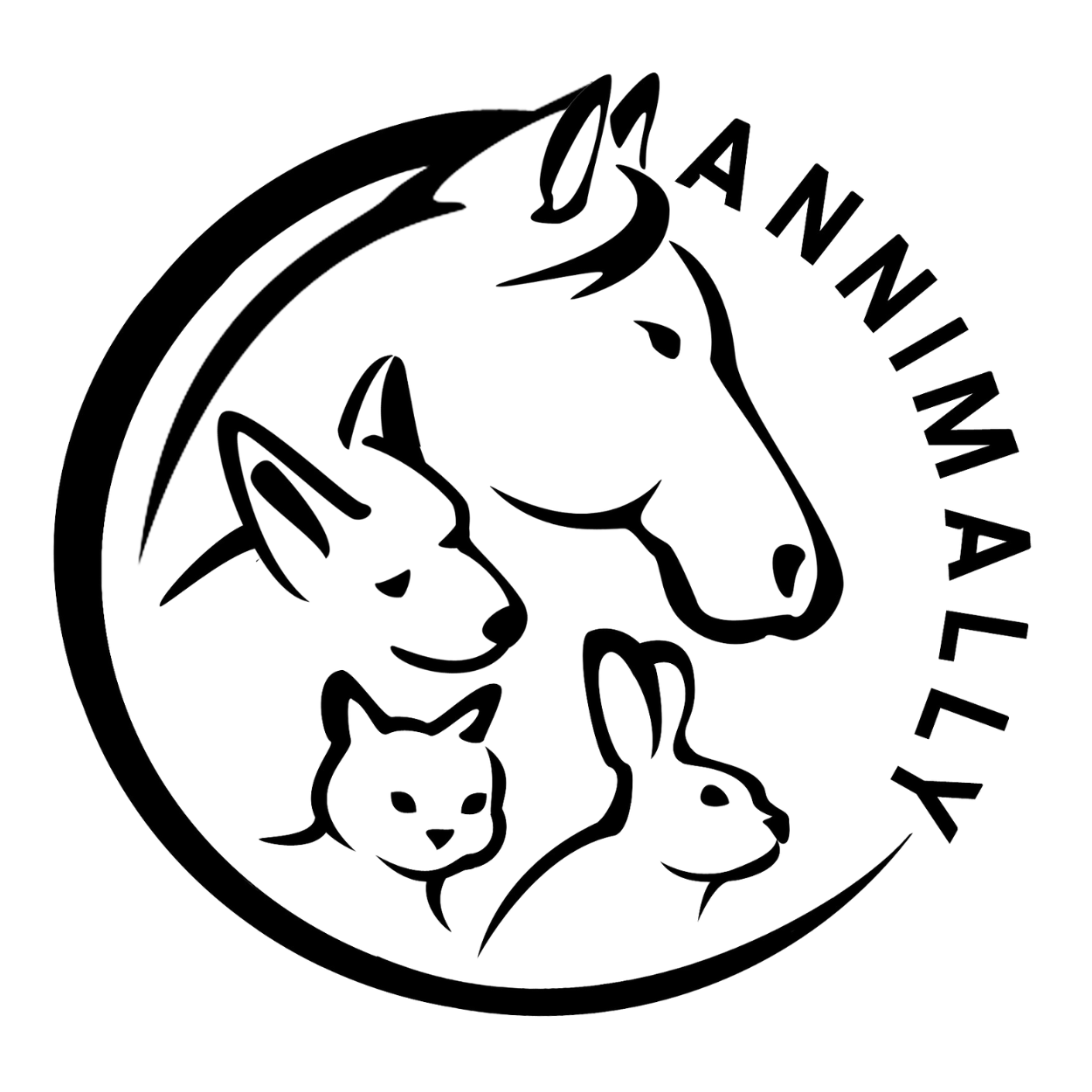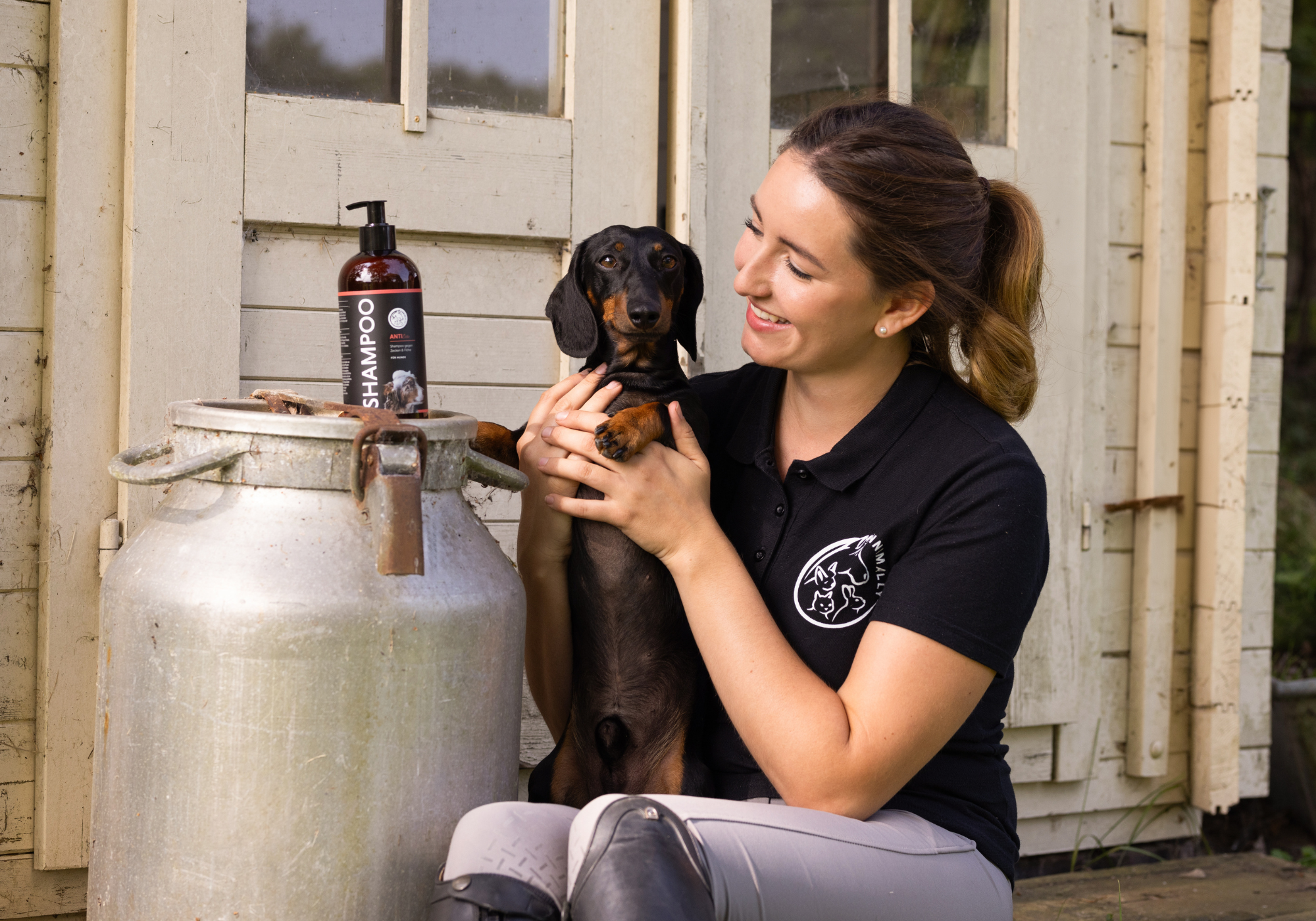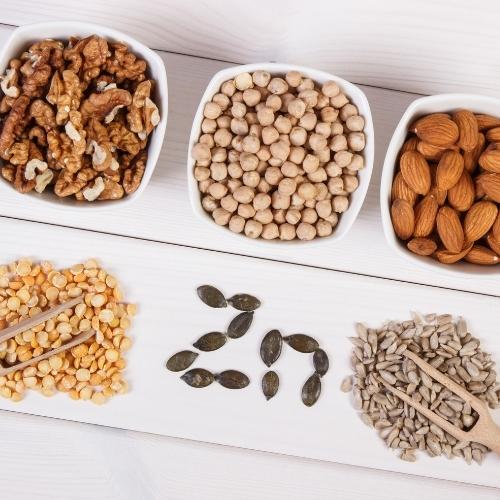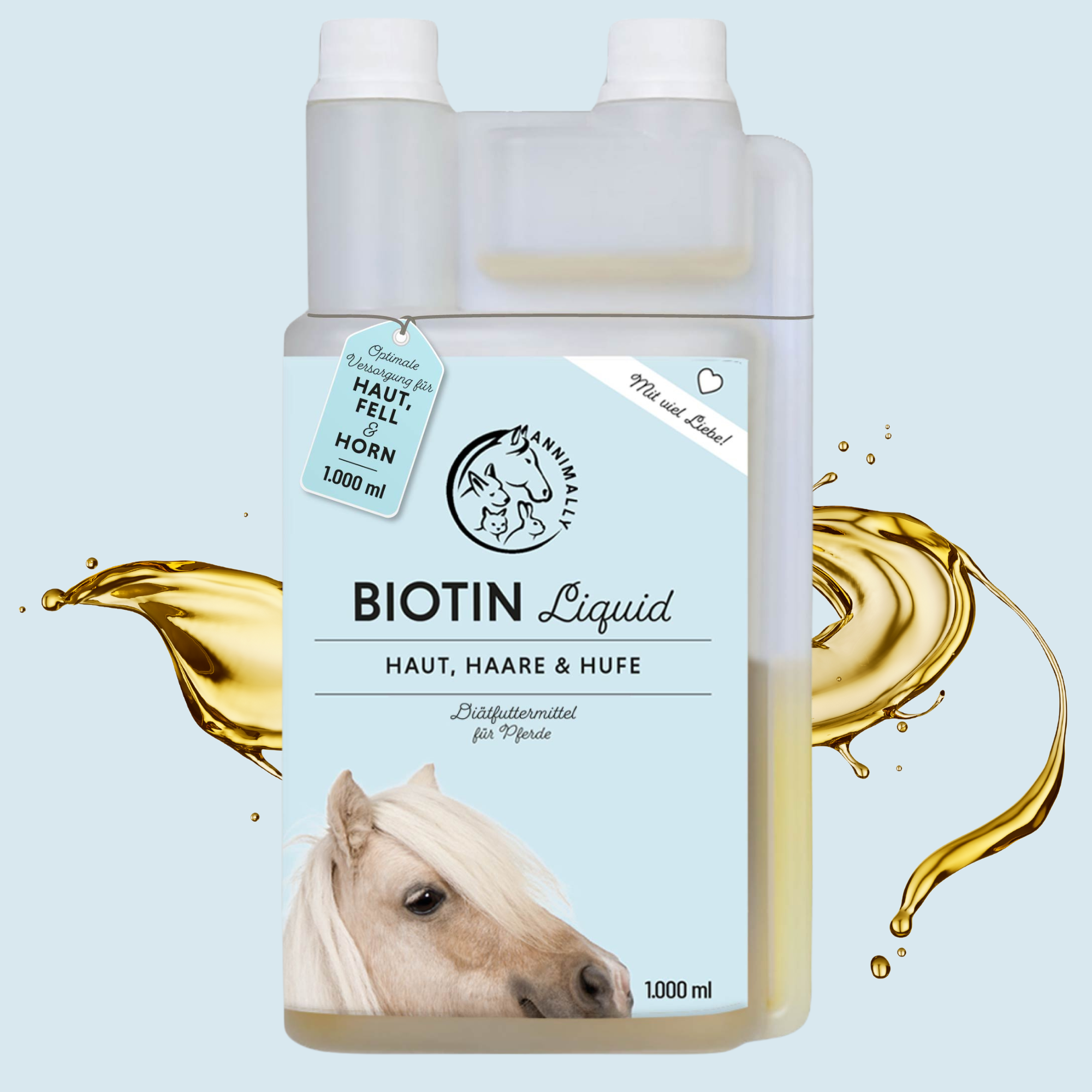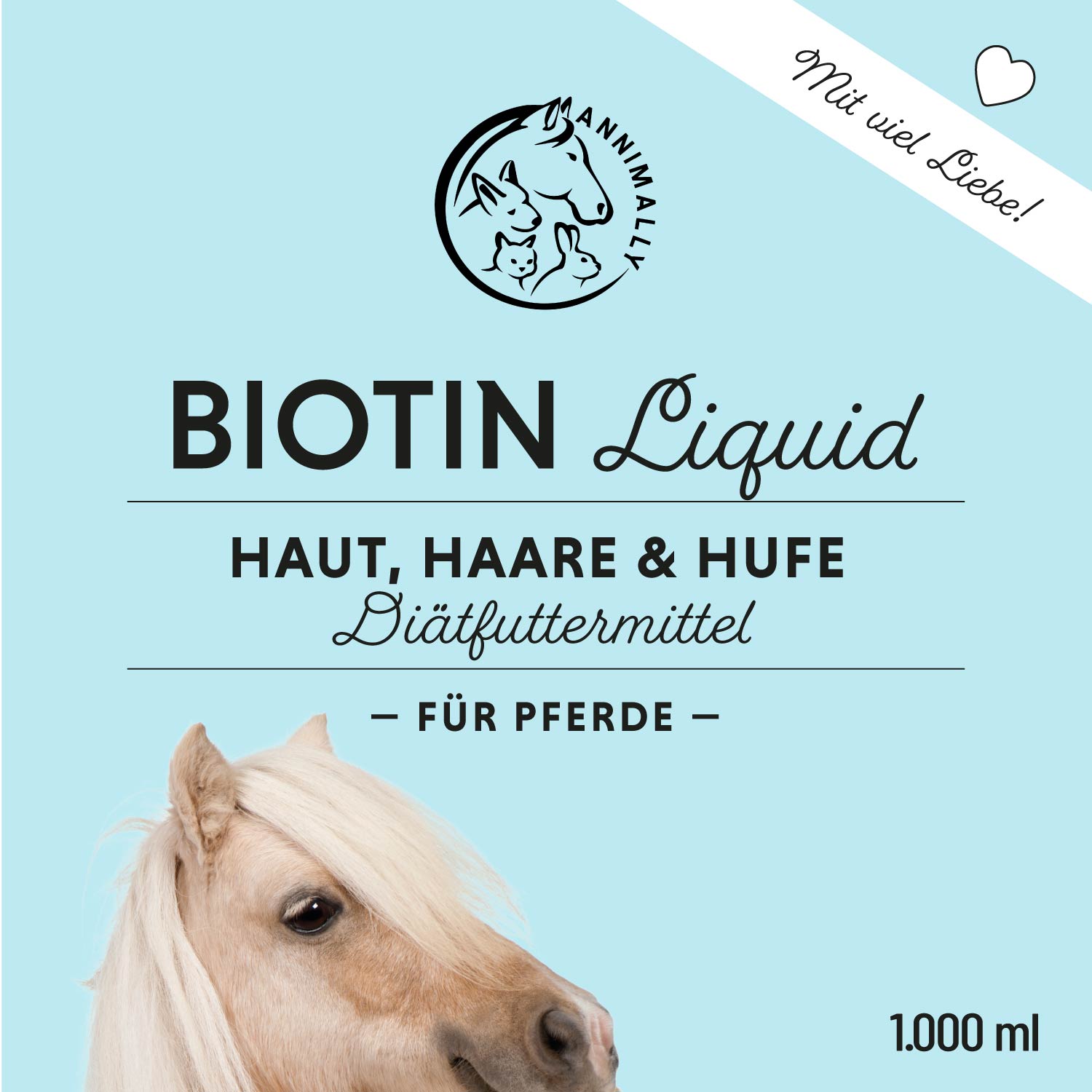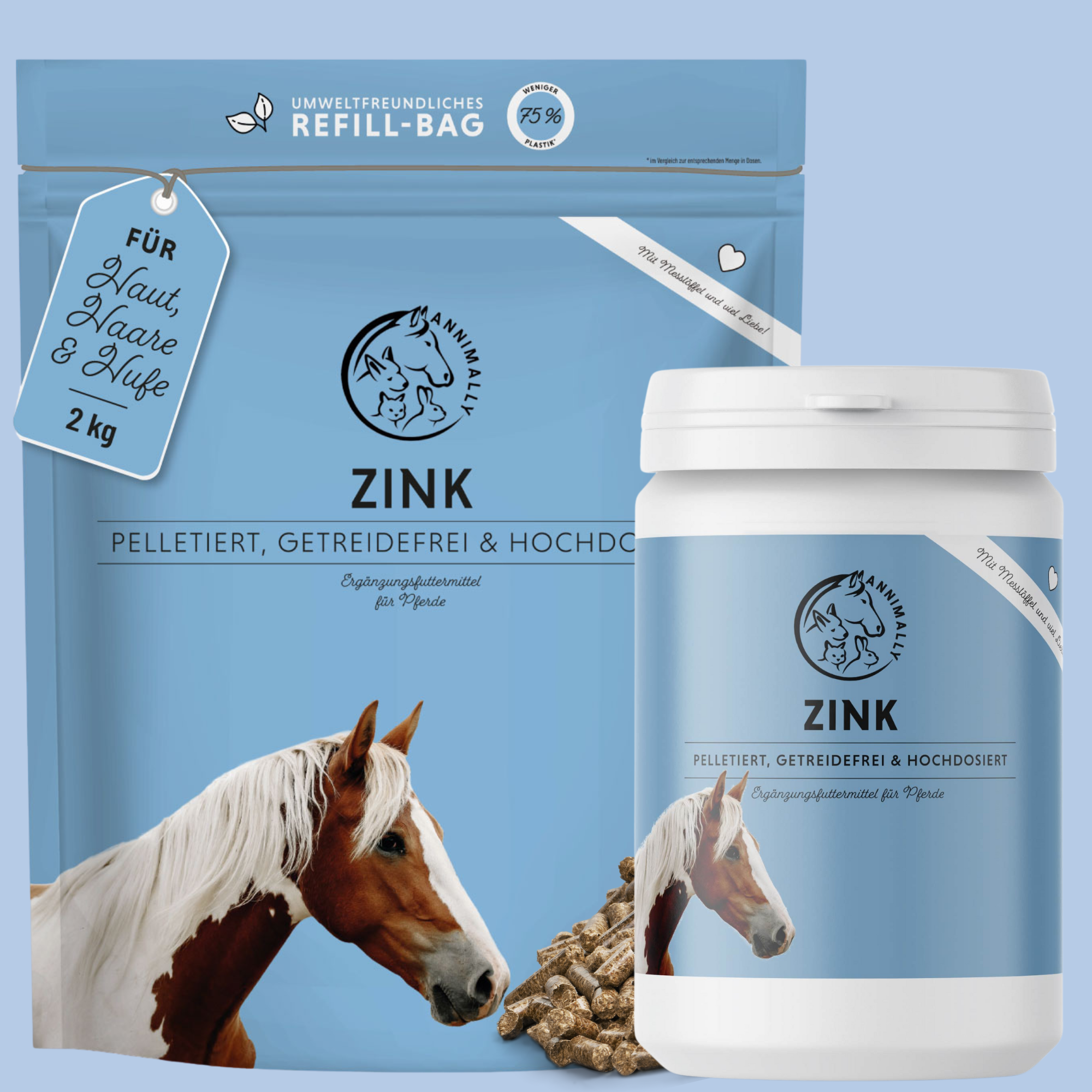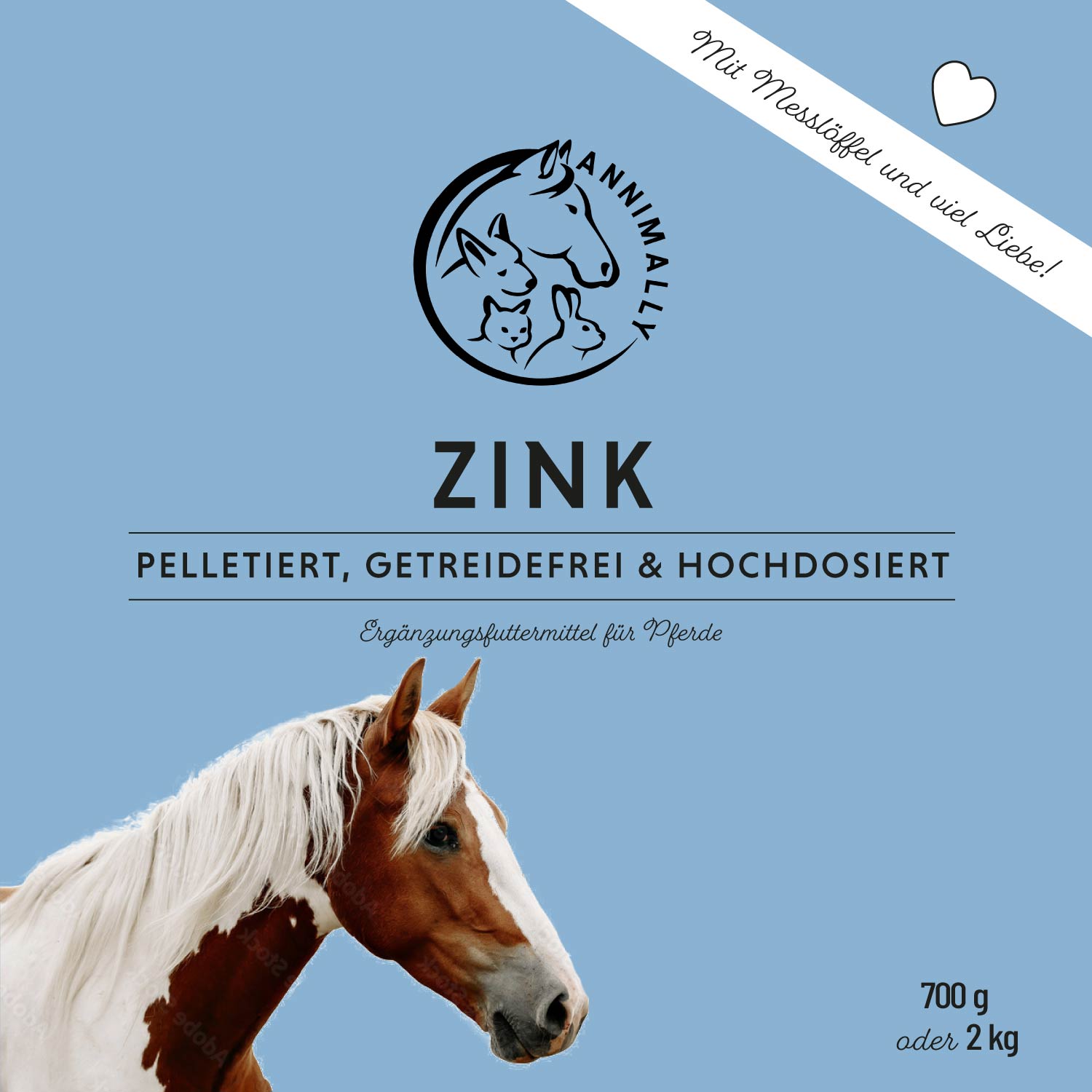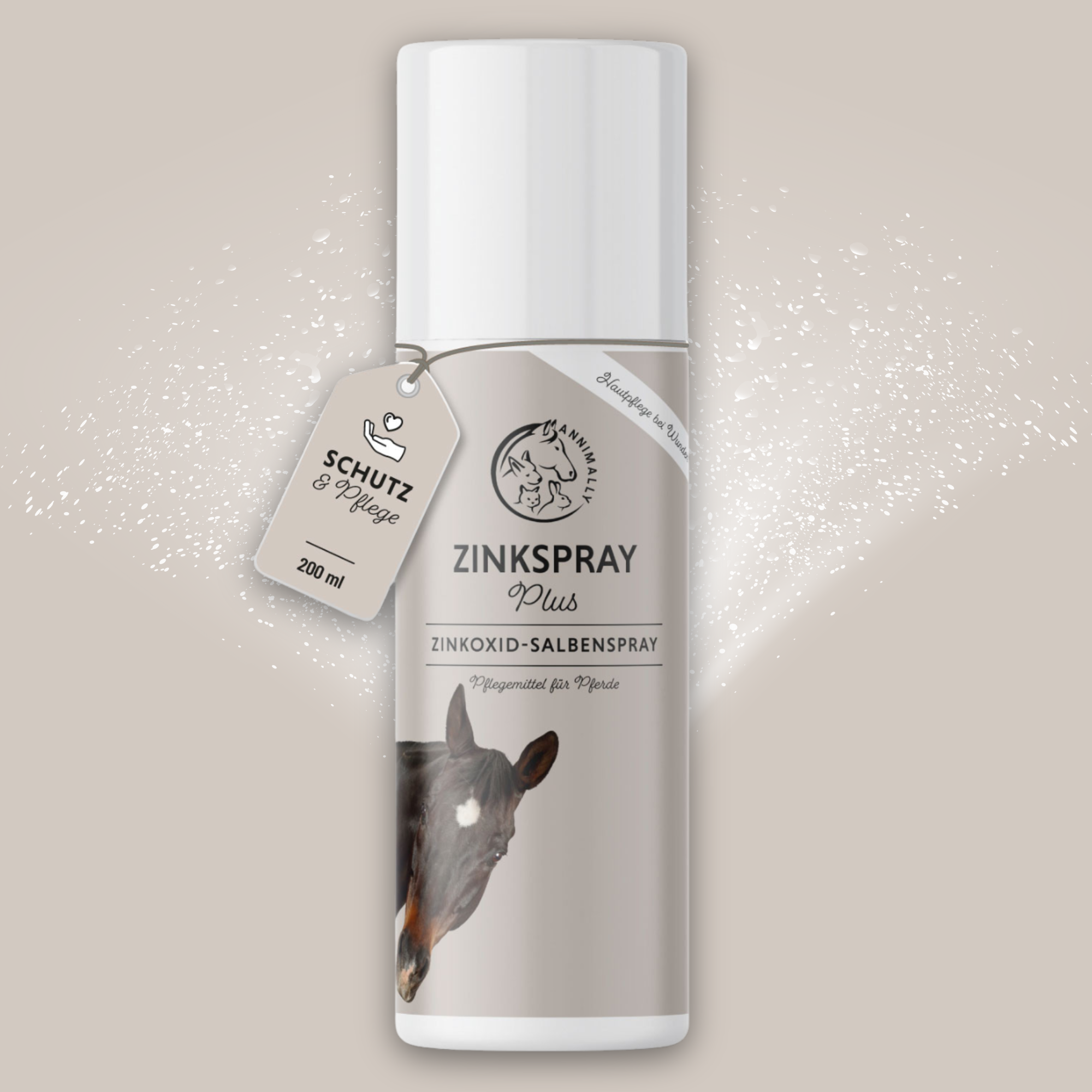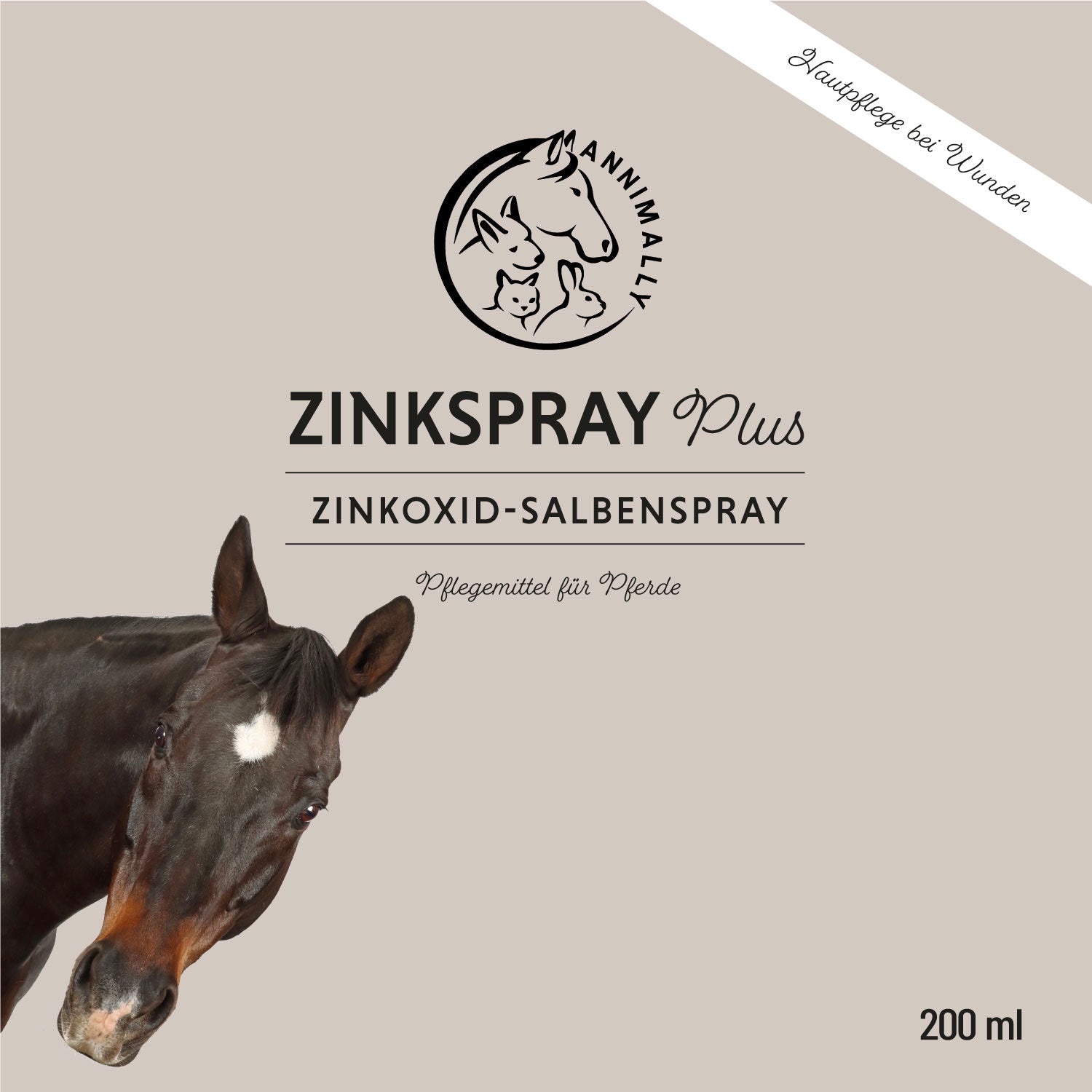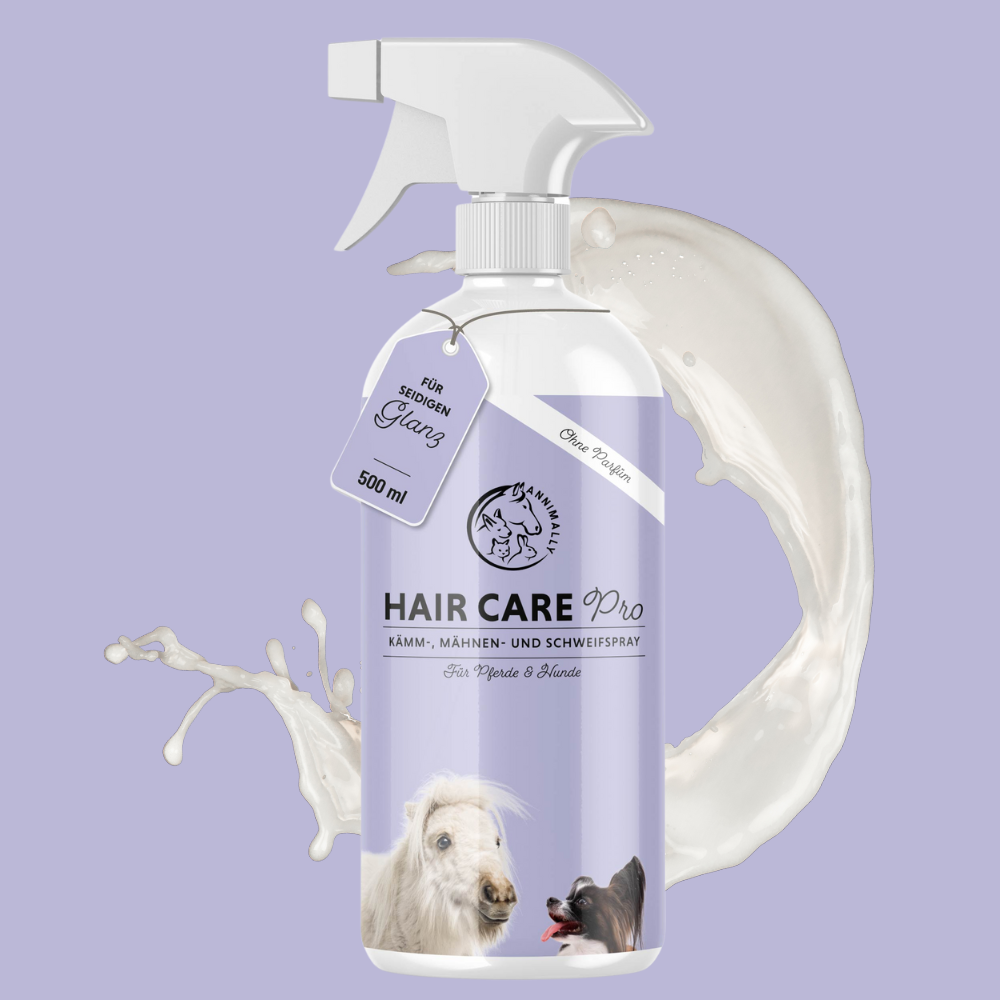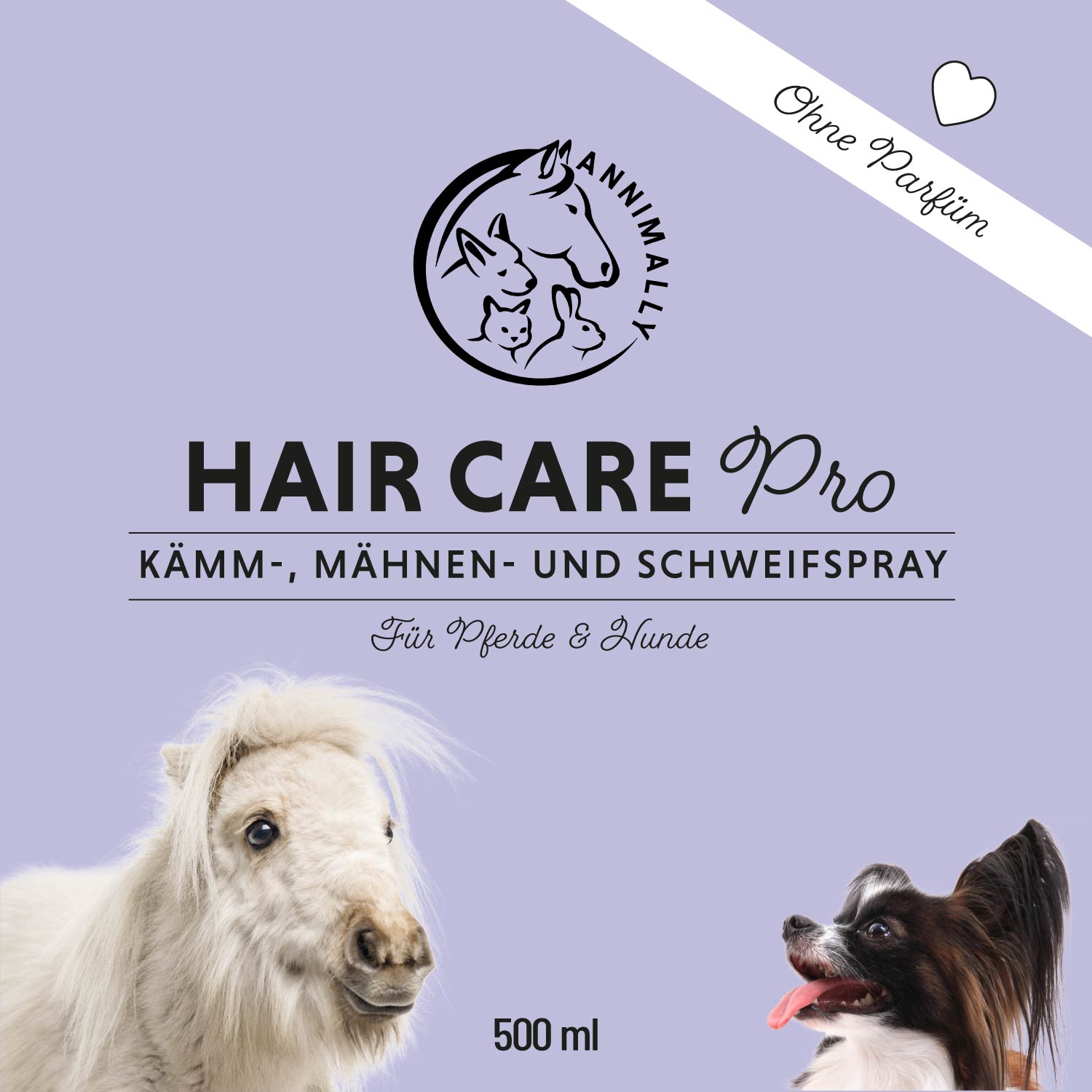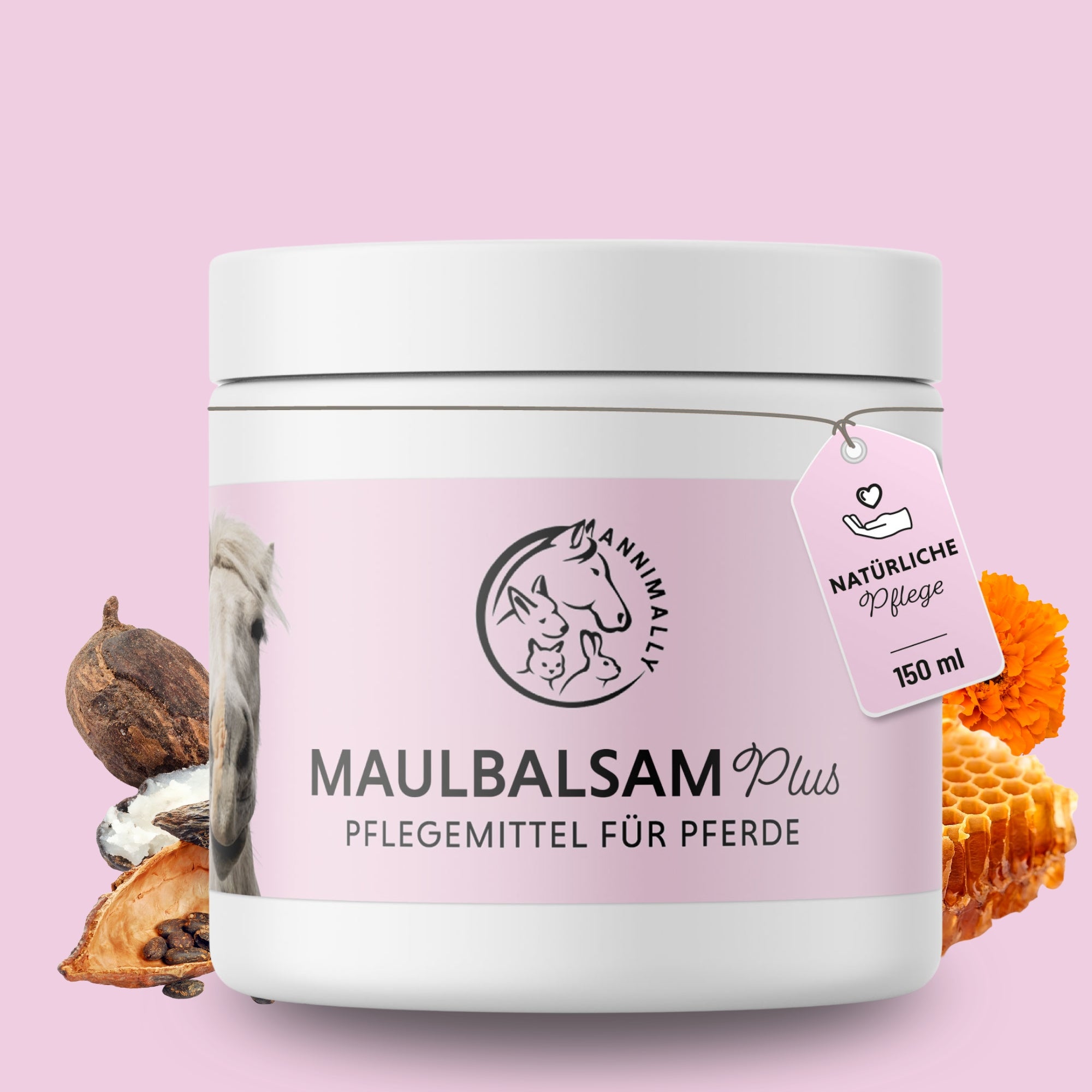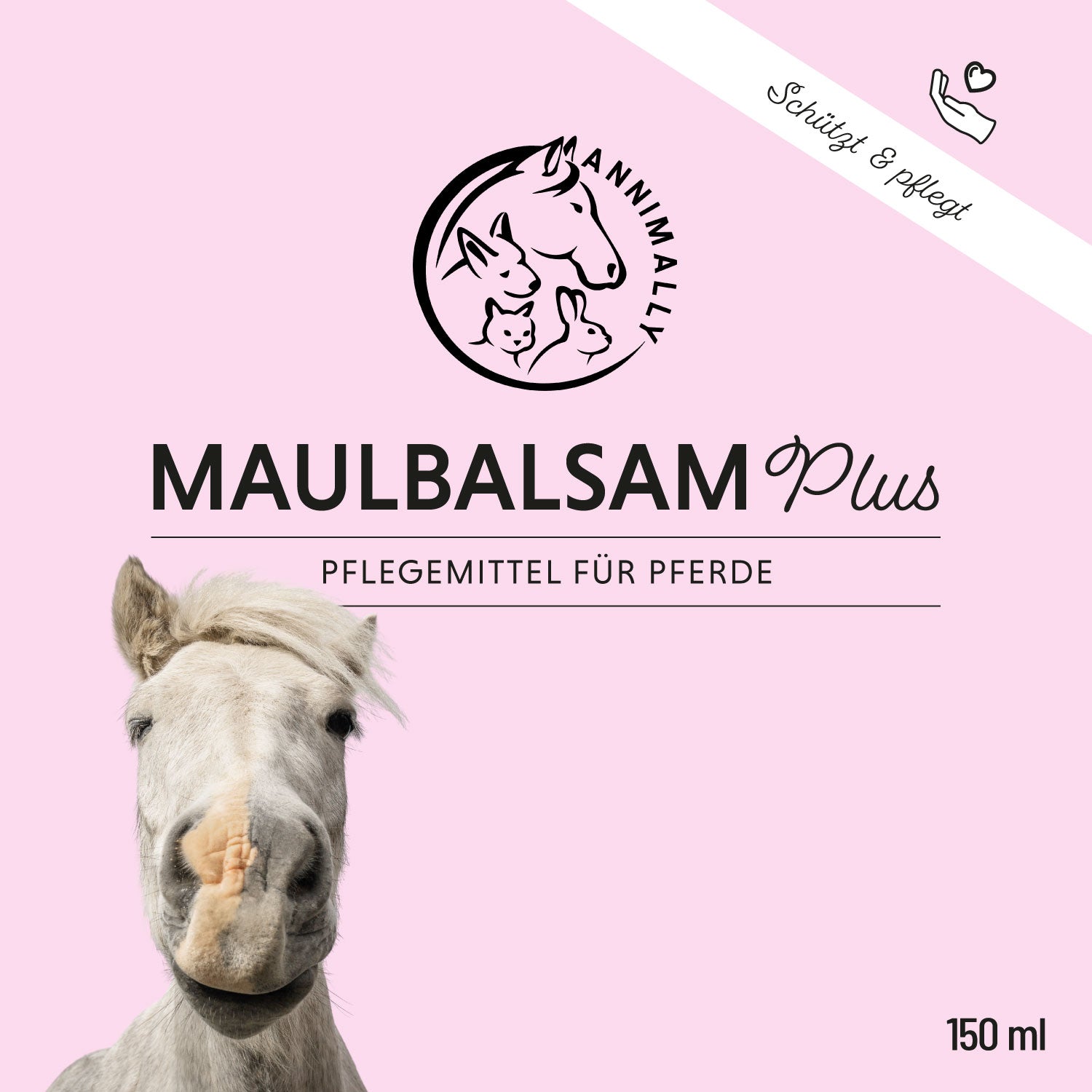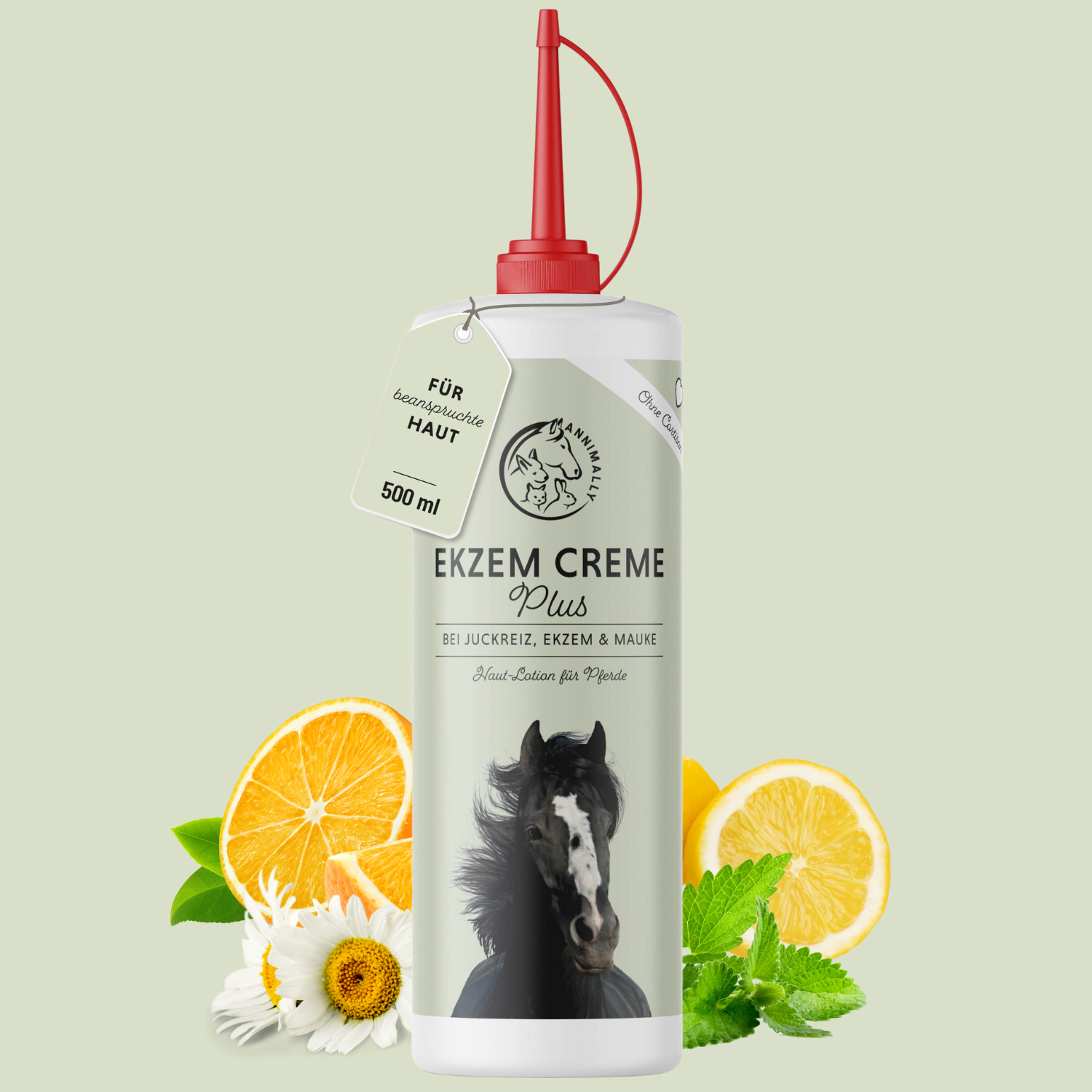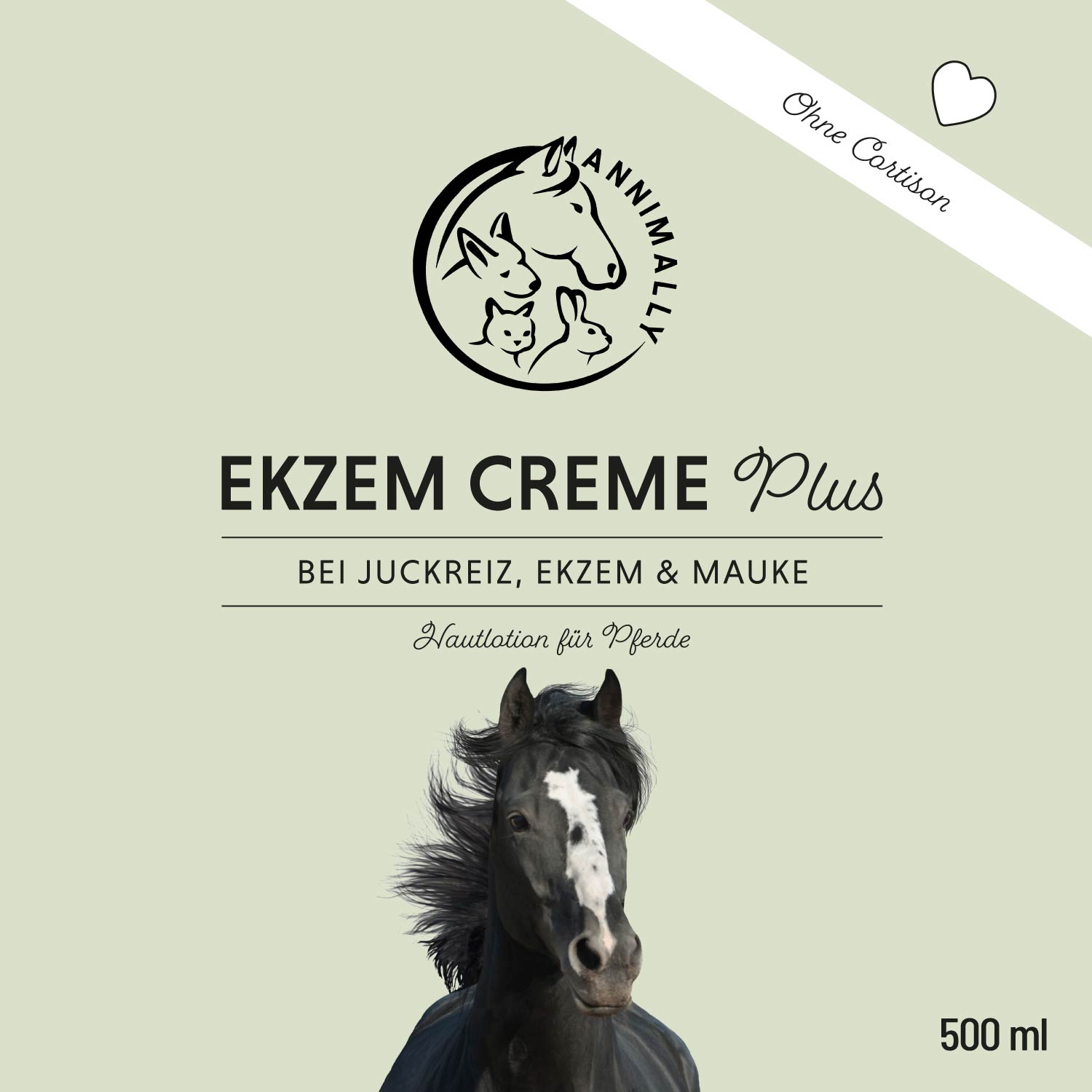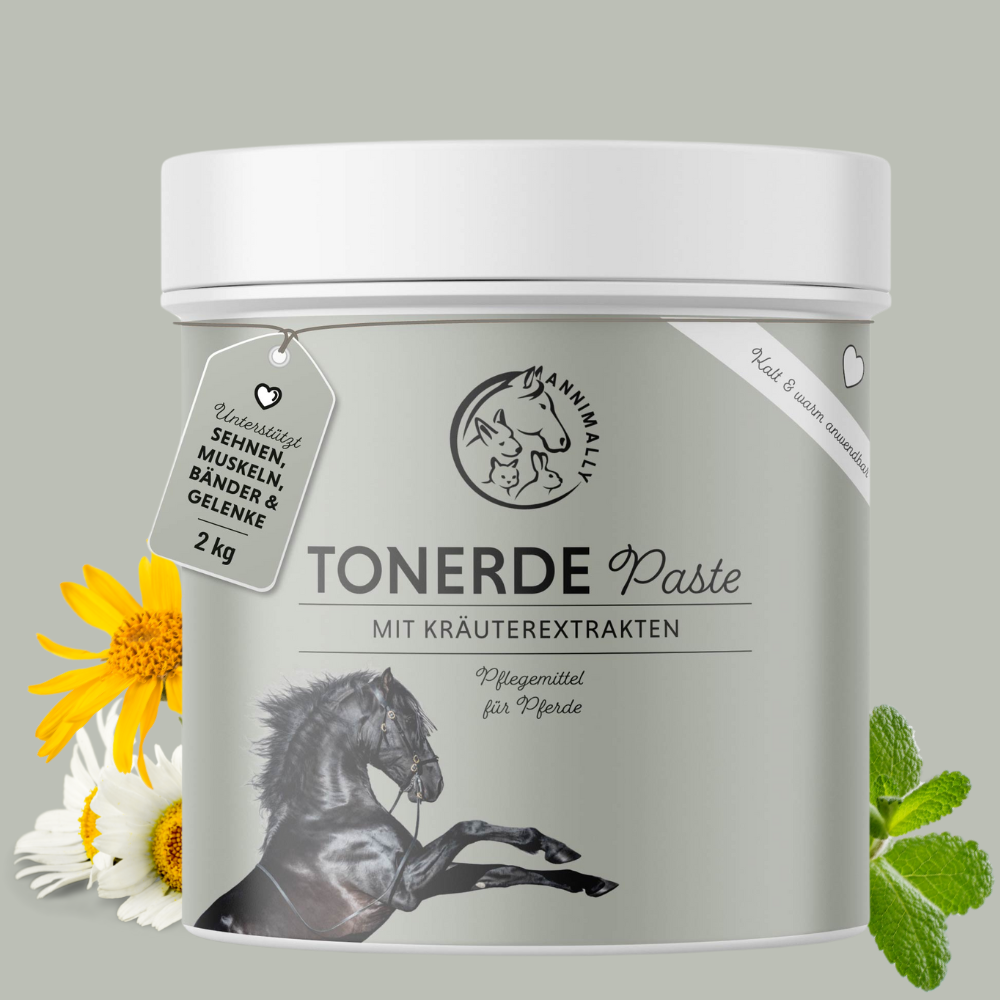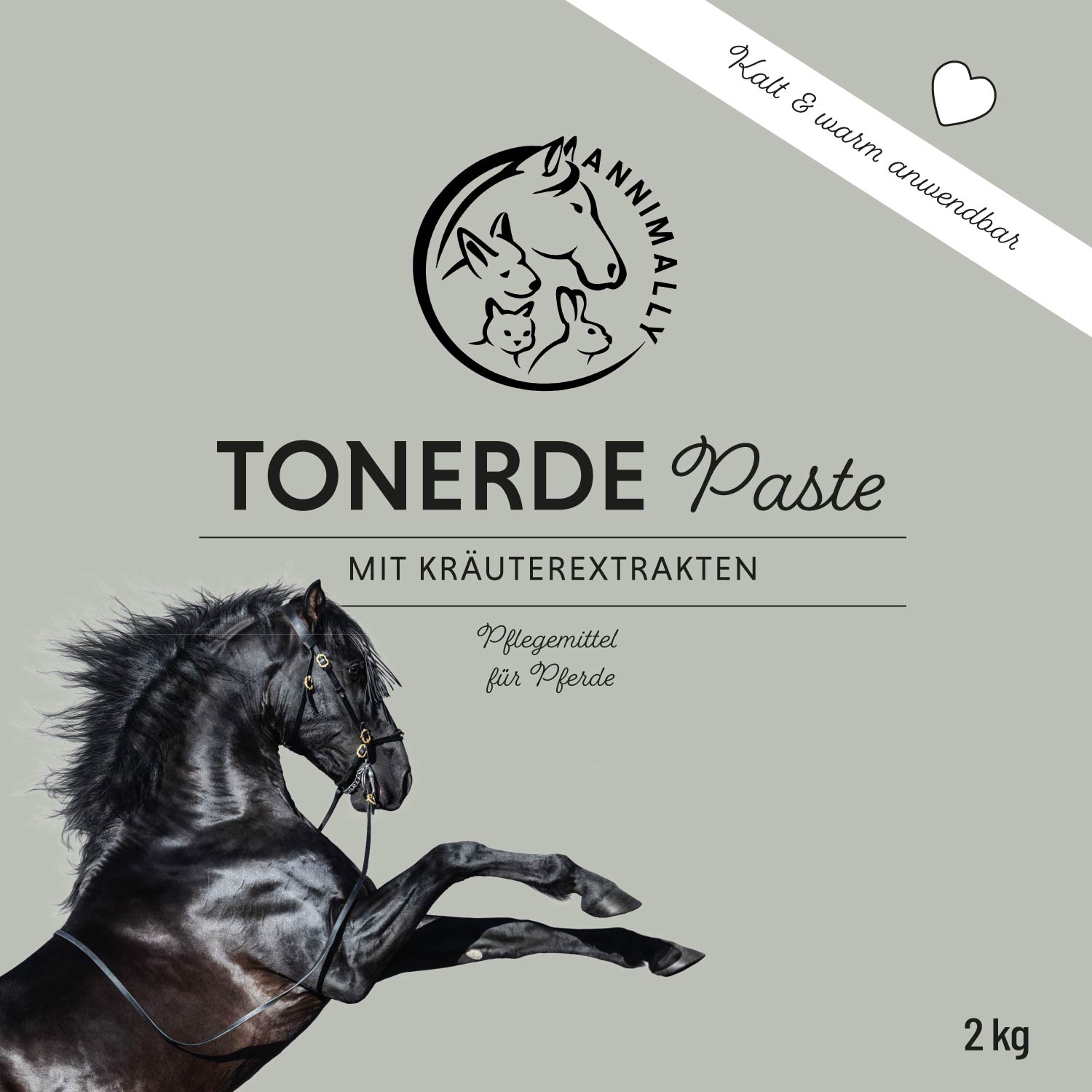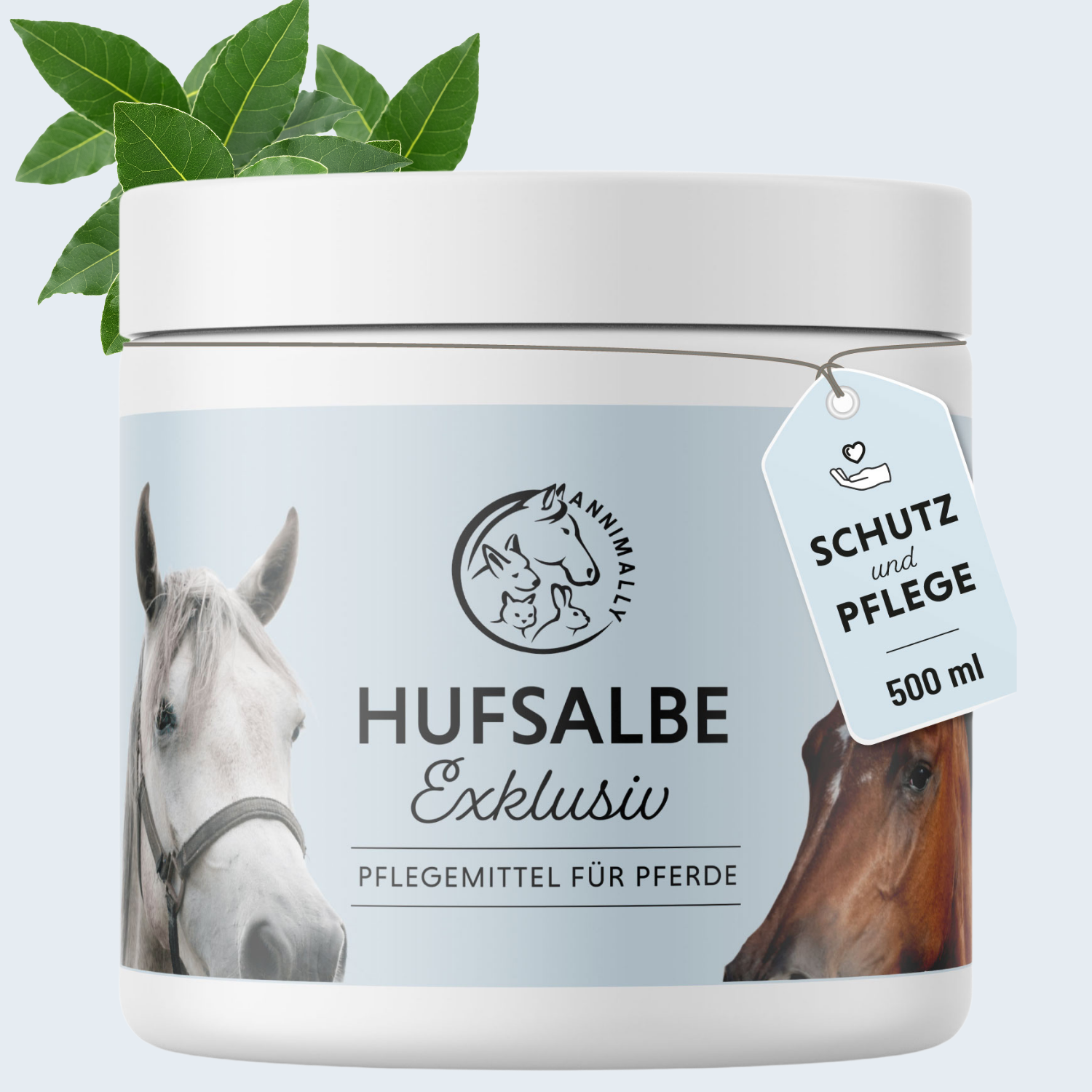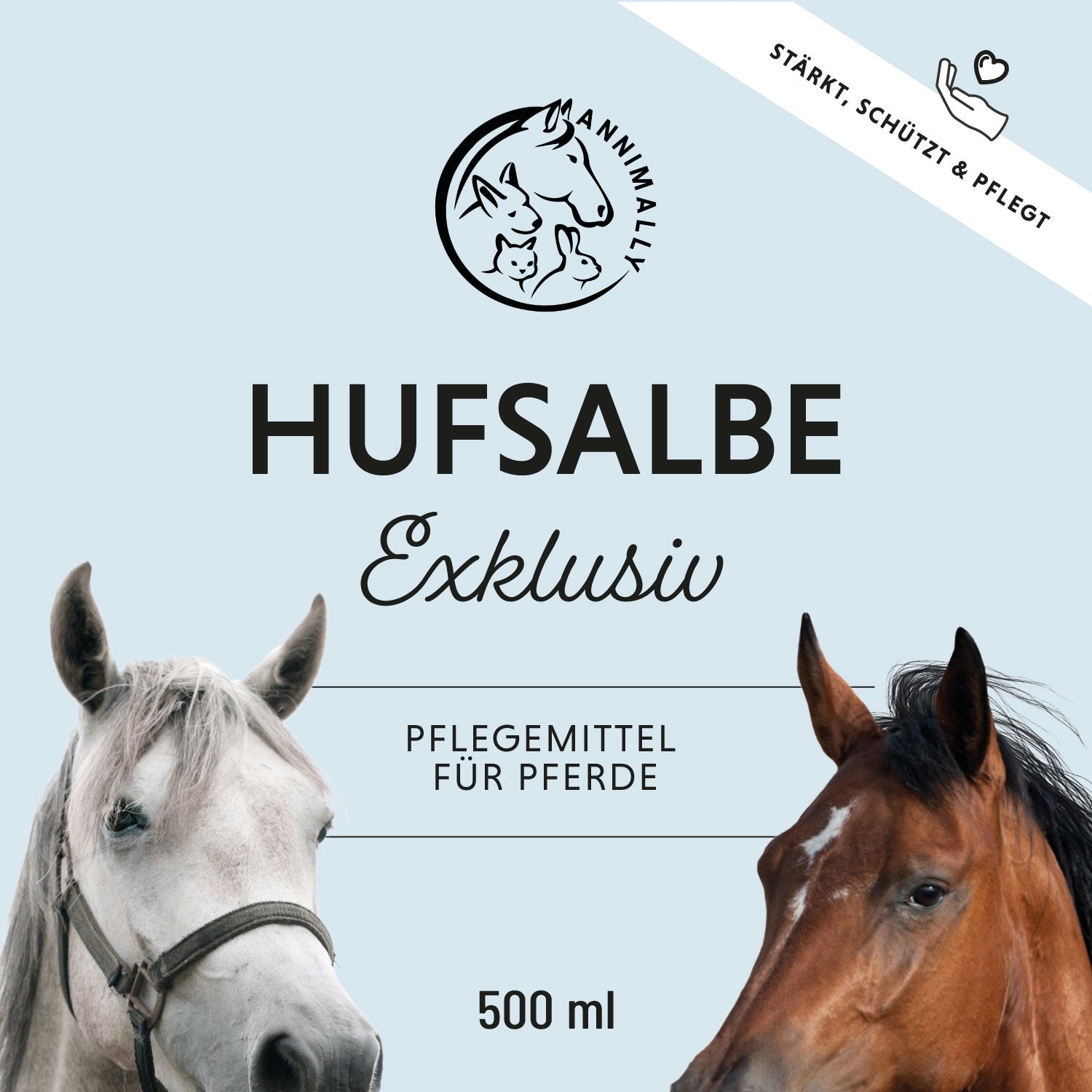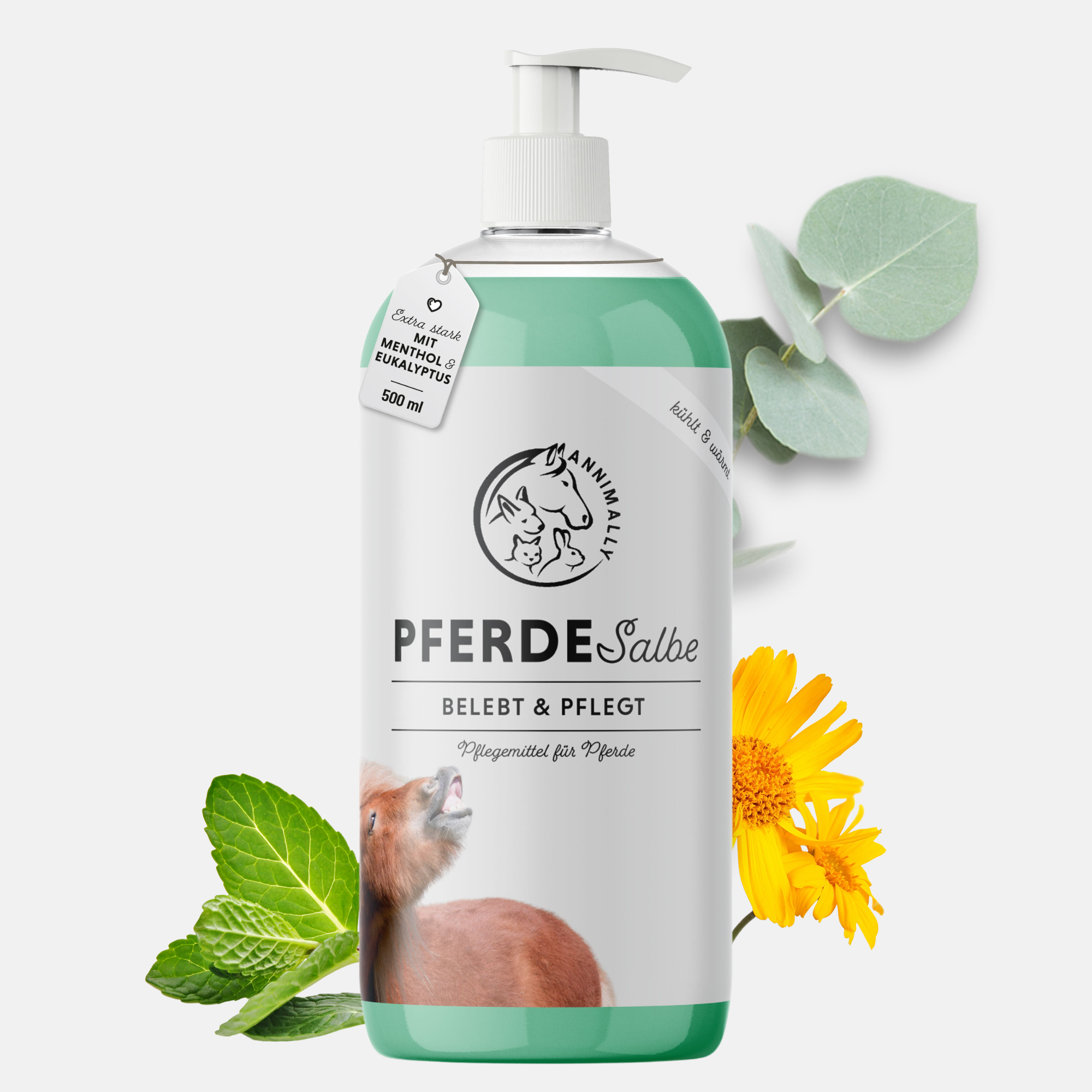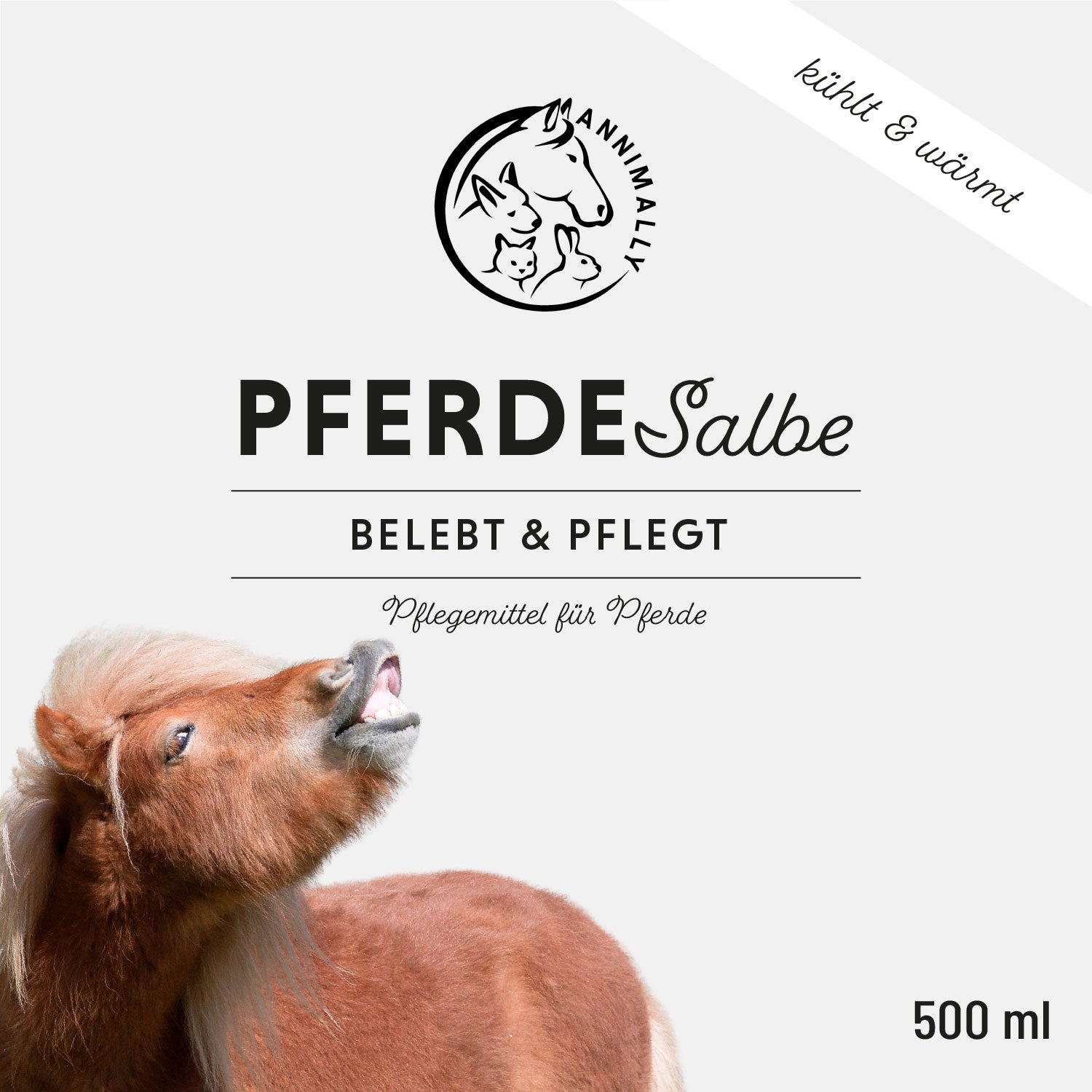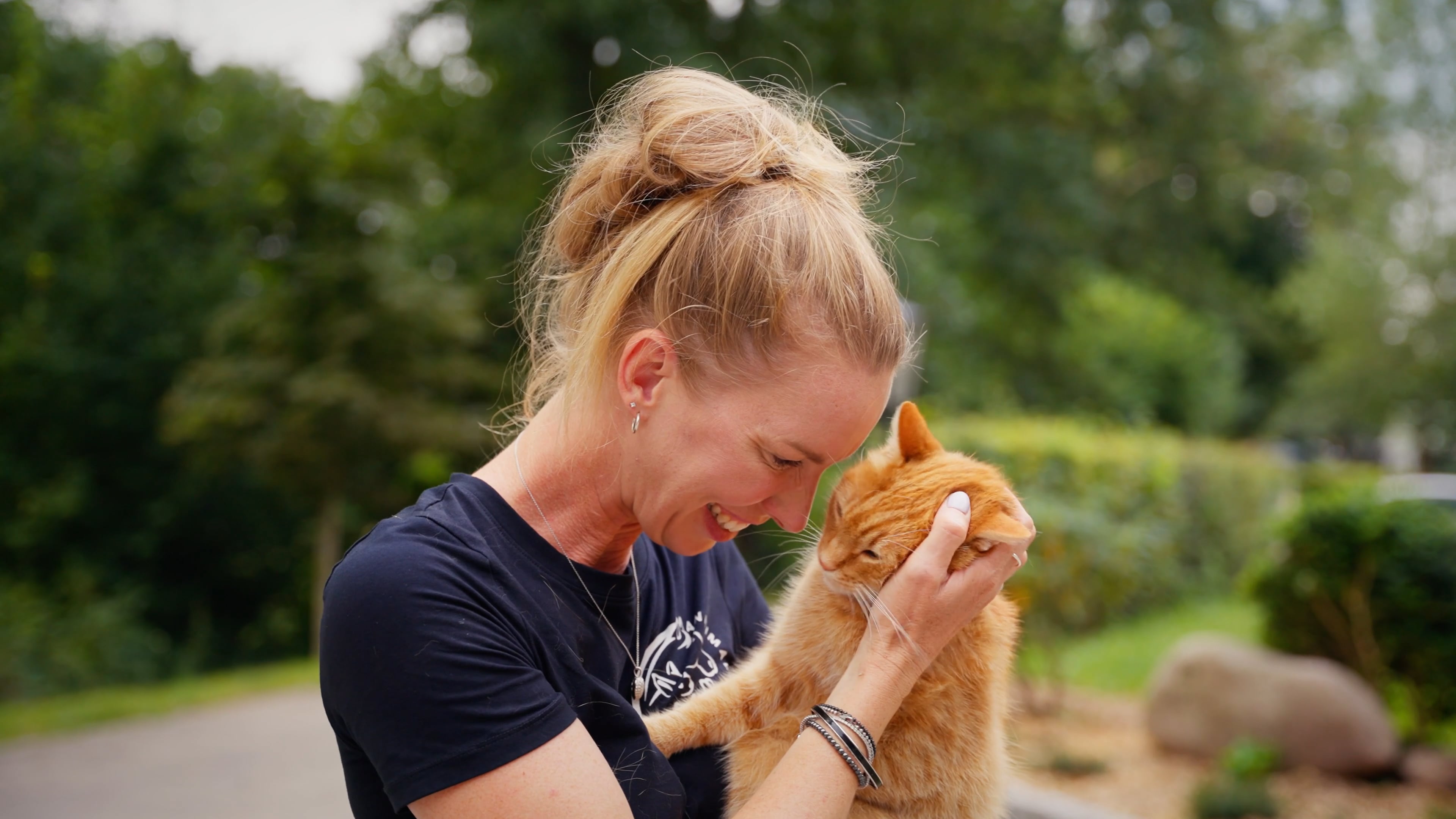Zinc in horses: Why zinc is so important for your horse
Zinc is one of the most important trace elements in horse nutrition – yet it is often underestimated. Whether it's shedding, hoof health, the immune system, or wound healing – the importance of zinc for your horse's organism is enormous.
In this article, you will learn everything about zinc supply, how to prevent zinc deficiency in horses, and what role supplementary feed, vitamin E, selenium, and other trace elements play in this.
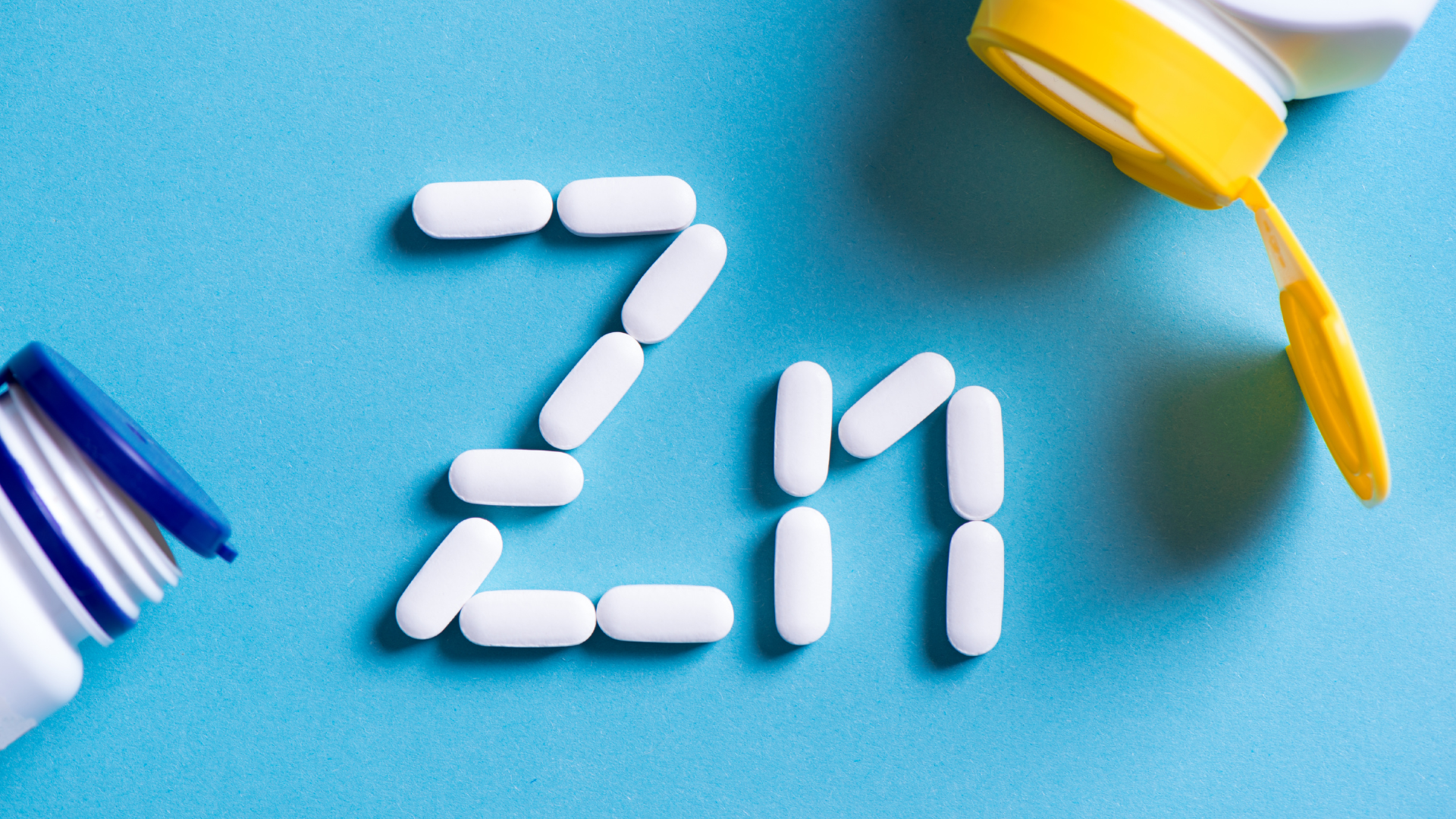
Why zinc is essential for your horse
Zinc is one of the so-called essential trace elements. This means that your horse's body cannot produce it itself; it must be obtained through food.
As a component of more than 200 enzymes, zinc is involved in numerous metabolic processes – including liver metabolism, skin and coat metabolism, cell division and the function of the immune system.
So if you want your horse to have a shiny coat, strong hooves and stable health, you should definitely ensure that he has sufficient intake of this important trace element.
How to recognize a zinc deficiency in horses
Zinc deficiency in horses often develops gradually. Many symptoms are non-specific but should nevertheless be taken seriously. The most common signs include:
-
Poor, dull or flaky coat
-
Skin problems such as eczema or mud fever
-
Poor coat change
-
Brittle, soft or cracked hooves
-
Frequent infections or poor wound healing
-
Growth disorders (especially in young horses)
-
Poor general condition
These symptoms can also indicate other deficiencies in trace elements or vitamins – but zinc is often a determining factor.
How much zinc does your horse need?
A horse’s zinc requirements depend on various factors:
-
Body weight
-
Old
-
Housing conditions
-
Performance
-
Feeding
The average zinc requirement is approximately 400–500 mg of zinc per kg of dry matter per day for a 600 kg horse. Not only the amount but also the bioavailability—that is, how well the zinc can be absorbed by the body—is crucial.
Zinc sources in horse feed
Not every feed automatically contains sufficient zinc. Grains such as oats, barley, or corn do contain zinc, but often in insufficient quantities and, above all, in a form that is difficult to access. Hay and forage also often have low zinc levels due to modern agriculture and depleted soils.
In addition, zinc losses due to sweat, stress, or illness can further increase the need. Therefore, many horse owners resort to a dietary supplement to ensure adequate intake.
Organic or inorganic zinc?
In supplementary feed, a distinction is made between organic and inorganic zinc compounds:
-
Organically bound zinc (e.g. glycine zinc chelate hydrate) has a higher bioavailability and is better absorbed by the organism.
-
Inorganic zinc, such as zinc oxide, is cheaper but is often less efficiently utilized.
So if you want the best possible zinc supply for your horse, pay attention to high-quality ingredients and the type of zinc compound.
Other important nutrients in combination with zinc
Zinc doesn't work in isolation. It is particularly effective in combination with other trace elements and vitamins:
-
Vitamin E supports cell health and the immune system.
-
Vitamin C promotes zinc absorption and also strengthens the immune system.
-
selenium has an antioxidant effect and protects cells from damage.
-
B vitamins are essential for metabolism and nerve function.
Make sure that your mineral feed or supplementary feed contains a balanced ratio of these substances.
How to improve your horse's zinc status
1. Analyze your forage
Have your hay tested regularly for zinc, selenium, and other trace elements. This is the only way to determine your horse's actual needs.
2. Choose the right supplementary feed
A good product should have the following features:
-
Contains at least 500 mg zinc per kg
-
Preferably in organic form (e.g. glycine zinc chelate hydrate)
-
Free from sugar, molasses and unnecessary additives
-
Anti-doping compliant for competition horses
-
Balanced combination with vitamin E, selenium and other trace elements
3. The correct dosage
The dosage depends on your horse's individual needs. As a rule of thumb, add approximately 1 mg of zinc per kg of body weight to the basic diet—significantly more if deficiency symptoms occur. If in doubt, consult your veterinarian or feed consultant.
When is a dietary supplement useful?
This is particularly useful:
-
In case of proven zinc deficiency
-
During the coat change
-
For skin problems, mud fever or eczema
-
Under high load (e.g. sport horses)
-
After illness or surgery to support wound healing
-
To promote hoof quality
It is important that you choose a high-quality product and check its use regularly.
Zinc deficiency: The hidden danger in horse feeding
A chronic zinc deficiency can have serious long-term consequences for your horse's life. This condition is often only recognized late—when visible damage to the coat, skin, and hooves has already occurred.
In addition, a zinc deficiency can disrupt the absorption of other trace elements and disrupt the entire metabolism. The consequences: increased susceptibility to infections, poor liver function, and a weakened immune system.
Zinc Check: Does any of these points apply to you and your horse?
Your horse is shedding:
Especially during the coat change, your horse's body needs increased amounts of zinc. This trace element plays a key role in the renewal of skin and hair cells, thus supporting the smooth running of this natural process.
Skin problems appear or the hooves are brittle:
If your horse suffers from mud fever, eczema, itching, or brittle, soft hooves, this could be a clear sign of a zinc deficiency. Zinc is essential for healthy skin structures and strong horn formation.
Your horse is trained regularly or is under stress:
Performance, tournament training, transport or even moving stables mean stress for the horse's organism - and increase the need for zinc because more of it is consumed and excreted.
You feed mainly grain-free basic feed:
Diets consisting primarily of hay or straw and omitting grain often do not provide enough zinc. Furthermore, the zinc from such feeds is often less bioavailable—making it harder for the body to utilize.
You have not yet had your hay or forage analyzed for zinc content:
Only through a precise feed analysis can you know how much zinc your horse actually receives from the basic feed – and whether additional supply is necessary.
You are not currently using high-quality mineral feed or supplementary feed:
Without targeted supplementation of zinc through a balanced product, a deficiency can quickly occur. This is especially true in cases of increased need or poor feed quality.
Conclusion: Without zinc, nothing works for horses
Zinc isn't just another element among many—it's a truly key player in your horse's metabolism. From the skin to the immune system to wound healing: the effects of a zinc deficiency can be diverse and serious.
Pay attention to the quality of your feed, regularly analyze your forage, and rely on proven, high-quality supplements with optimal dosages. This way, you'll ensure your horse's health, performance, and well-being—and give it a strong, healthy, and long life.
